At
the end of August 2008, 88 per cent of all Icelanders sat before the
television, in order to be part of the handball fever along with its
players who had reached the Olympic Final. In Beijing, the team lost the
final match to France, but in the end this was the biggest Icelandic
sport success of all time.
The team and coach stood in Reykjavik
and were celebrated as heroes for their Olympic silver medal win. It
looked as if the star of the national team was on the rise and
Icelanders in club teams all over Europe celebrated this success.
Many
years ago, there were also more revelries EHF EURO 2002 in Sweden, when
the players from the volcanic island made it to the semi-final, however
after defeats at the hand of Germany and Denmark, the team missed out
on a medal for the first time.
The problem of the Icelandic
national team was the absence of consistency for many years; the year
2008 is also proof of this because shortly before winning Olympic
silver, the team failed to qualify for the 2009 World Championship in
Croatia.
Meanwhile however the aggressive hot-blooded handball
players are a coordinated team, which ranks at all tournaments among the
extended circle of favourites.
The first non-Olympic medal won
by the team of Coach Gudmundur Gudmundsson came at the EHF EURO 2010 in
Austria. After the semi-final defeat against France, the eventual
champion, the team set themselves against Poland in the battle for third
place.
The team, who all play abroad, did not only captivate
the crowd with its combative spirit, but also with the individual class
and style of the players.
Between the posts, Björgvin Gustafsson
proved himself to be one of the ten best goalkeepers in Europe and
pivot Robert Gunnarsson is there to ensure spectacular goals.
In
the back court Alexander Petersson is not only searching for every
opportunity to turn to his advantage, but is also a great innovator, and
on the outer court Gudjon Valur Sigurdsson is the man known for speed
and impact of actions.
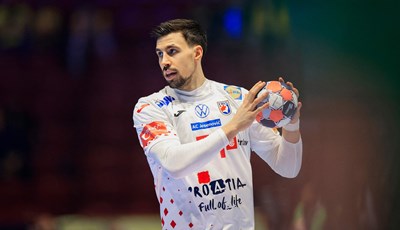
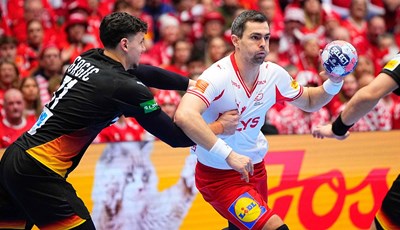
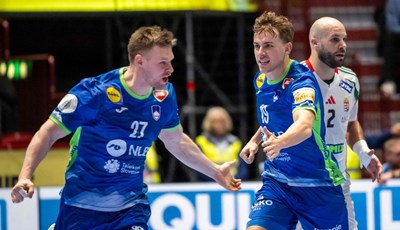
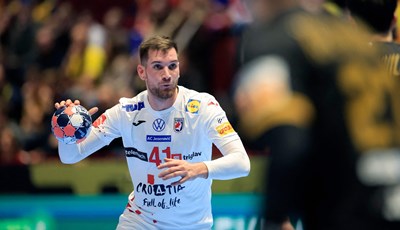
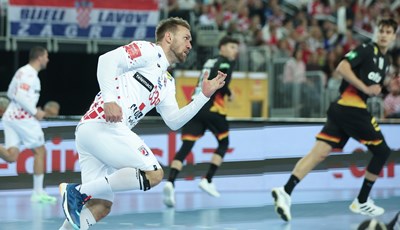
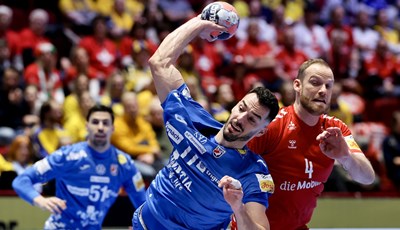
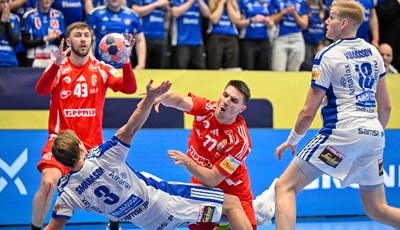
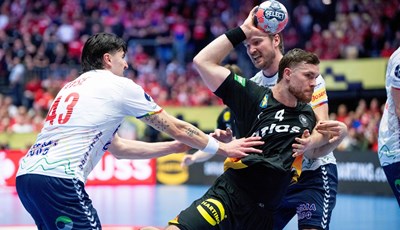
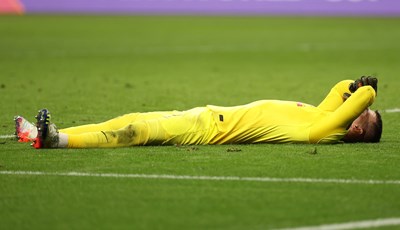
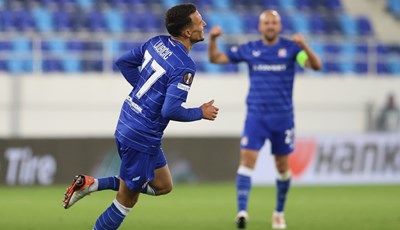
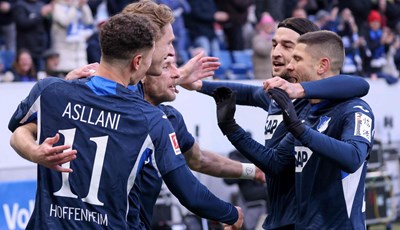
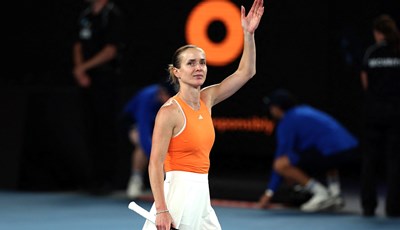
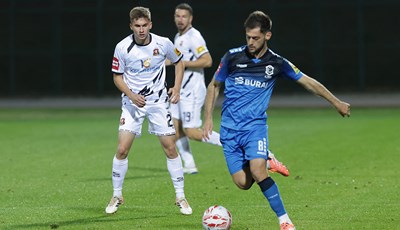
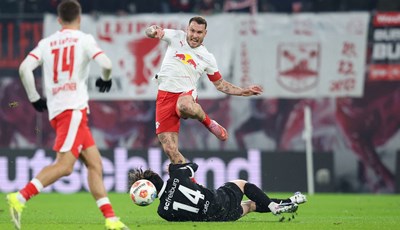



 Pobjeda!
Pobjeda!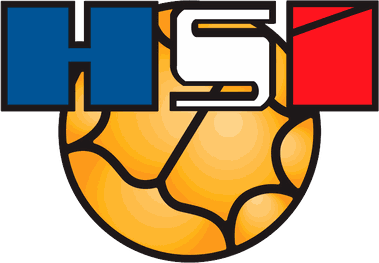








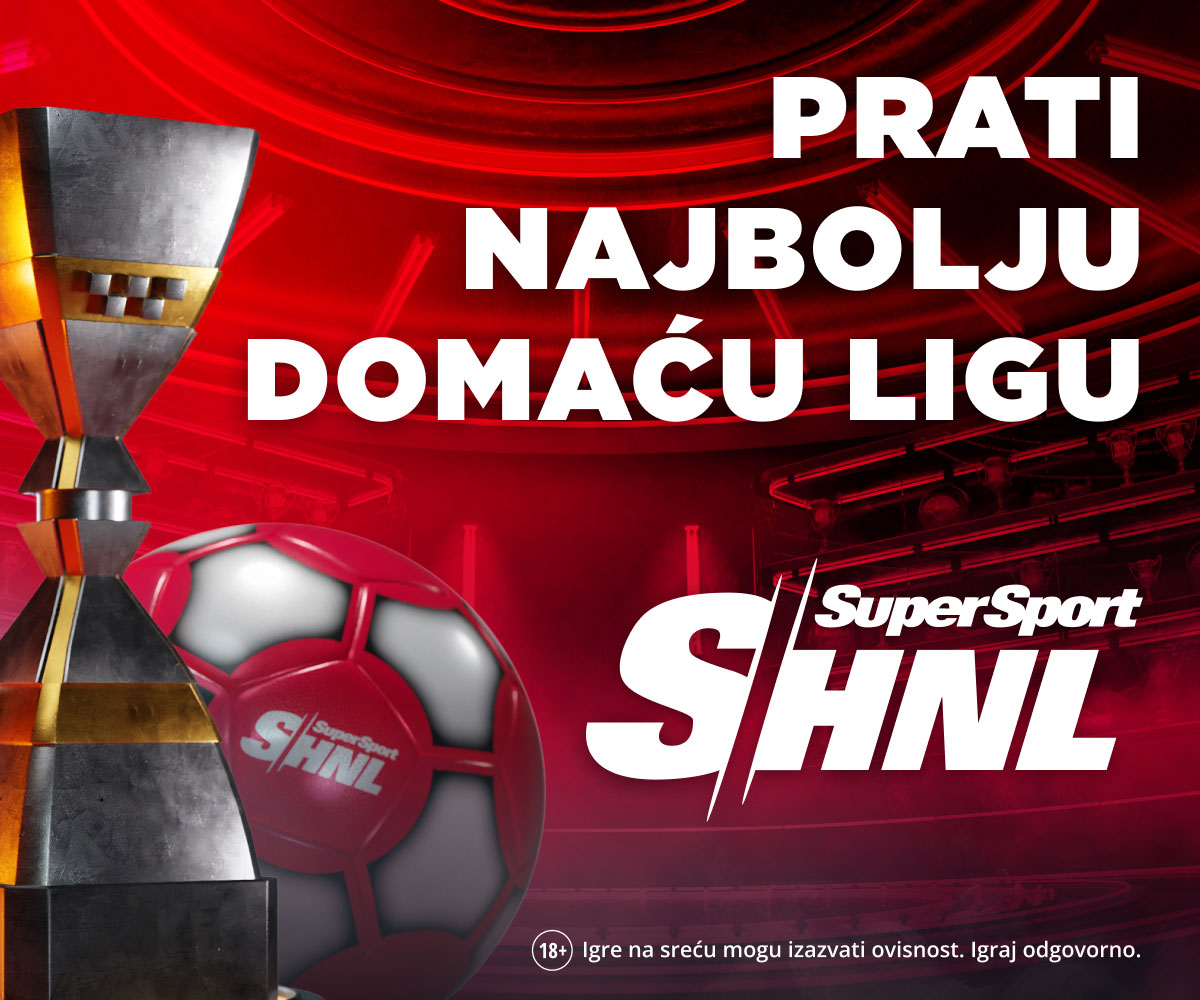

 ...
...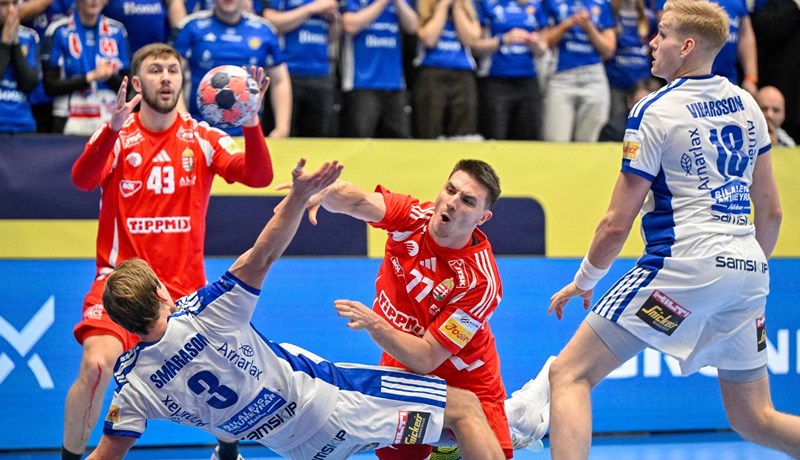
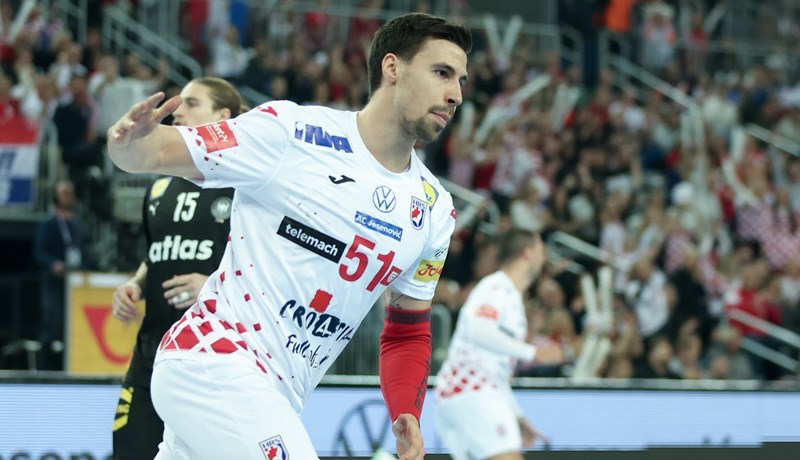
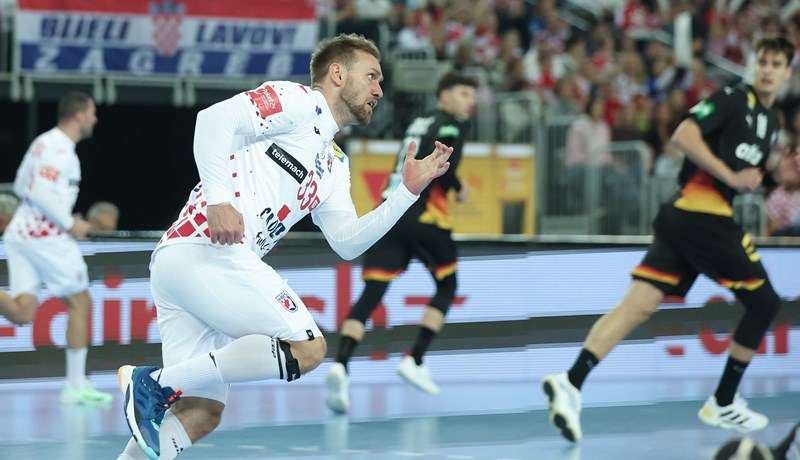
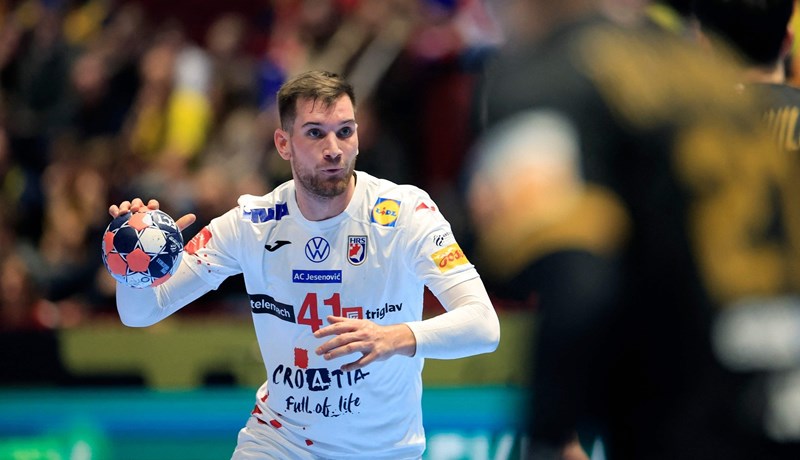

 ...
...